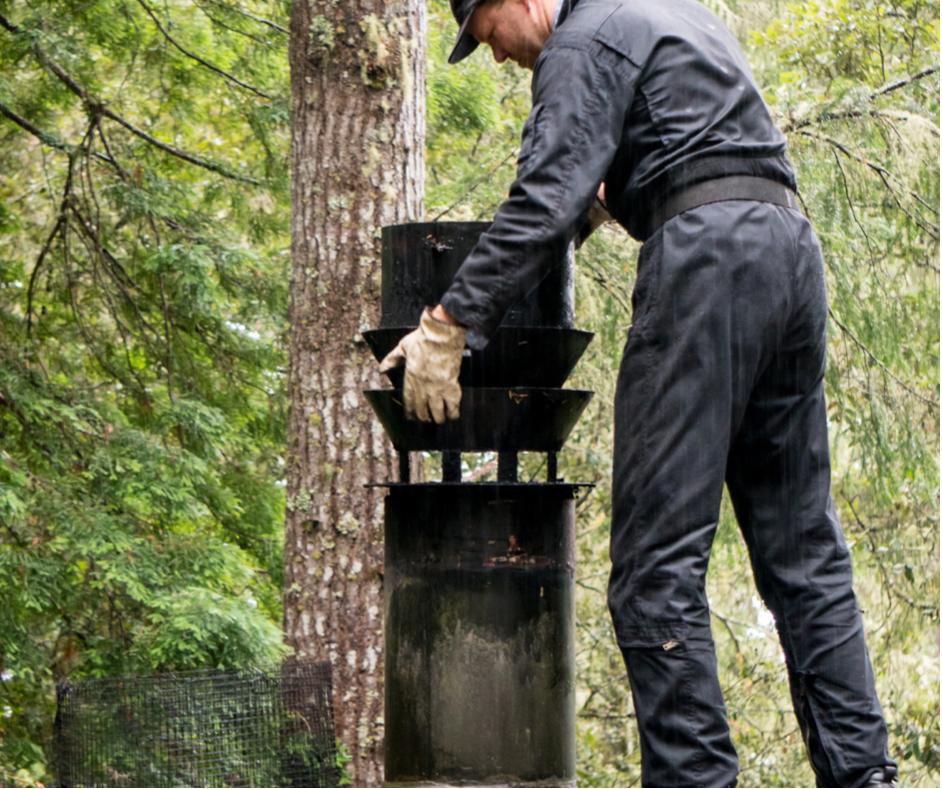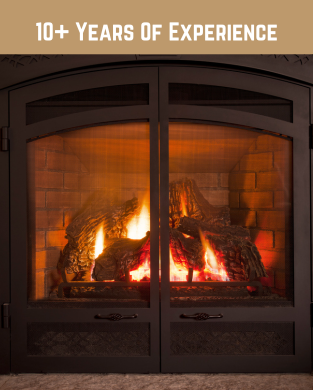

Chimney Relining Services
Preserving the integrity of your chimney is essential for safety and efficiency. Proper chimney relining protects against the intense heat generated by your heating appliance and ensures that combustion byproducts are safely vented outside your home. This process is crucial for preventing destructive house fires and carbon monoxide poisoning.
Why Choose Our Chimney Relining Services?
At Smoky Sweeper, our team of professionals employs a twin-wall relining system to repair and install chimney liners. With years of experience and thousands of successful installations, we ensure your chimney operates safely and effectively.
Types of Chimney Liners:
- Clay Tiles: Common in older chimneys, providing a traditional option.
- Metal Liners: Stainless steel liners are often used in new installations for superior durability.
- Cast-in-Place Liners: A modern solution for relining existing chimneys.
Benefits of Chimney Relining:
- Protects Against Heat Transfer:
Properly lined chimneys prevent heat from transferring to combustible materials, significantly reducing fire risks. - Reduces Creosote Buildup:
Liners protect your brick and mortar from corrosive flue gases, extending the life of your chimney. - Optimizes Efficiency:
A correctly sized flue ensures efficient ventilation for your heating appliance, minimizing creosote accumulation and enhancing performance.
Our Services Include:
- Stainless Steel Liners
- Heat Shield Installation
If you need chimney relining services in the greater Houston area, don’t hesitate to contact us or use our convenient appointment request form. Ensure your home’s safety and efficiency with professional chimney relining today!


